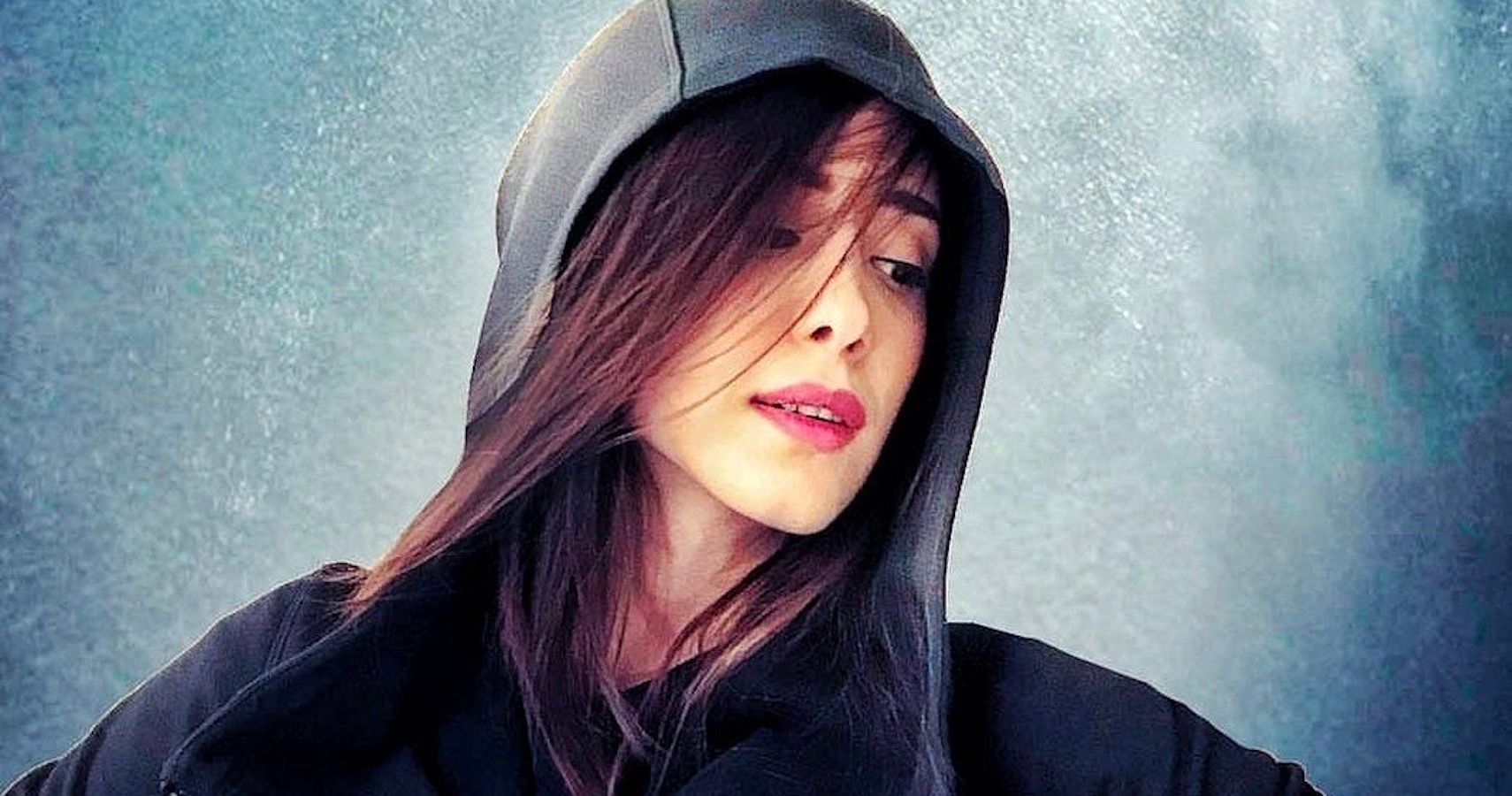Mia, 27, is an Iranian gamer who loves The Last of Us. She cosplays as Ellie, the main character in the video game, and plays the theme music on her guitar. A video of Mia playing the song has more than fifty thousand views on YouTube. And like Ellie, Mia considers herself a fighter.
A gaming celebrity in Iran, Mia, whose real name is Kimia Ravangar, has more than 55,000 subscribers on her YouTube channel and 378,000 followers on Instagram despite gaming being a male-dominated industry in her country.
Mia, an industrial designer who left Iran to settle in Vancouver, is now taking on discrimination and sexual harassment in gaming. She hopes to show young girls, especially in the Middle East, that they have options when it comes to choosing a career path.
Best known as a Fortnite Battle Royale champion among her social media followers, Mia says that gaming has come a long way in Iran. PlayerUnknown’s Battlegrounds, the Call of Duty franchise, and Valorant have all gained a loyal following in the Middle Eastern country, where gamers often turn to gaming to evade government scrutiny.
In 2019, the Middle East, which still only accounts for 3% of global gaming revenue, recorded an 11% increase in gaming with the Middle East and Africa generating $5 billion in revenue. Meanwhile, with $458 million in annual revenue, Iran is the third-largest gaming market in the Middle East, surpassing many European markets.
Despite the popularity of gaming, players in Iran must dodge US sanctions restrictions using Virtual Private Networks (VPNs) to access streaming servers. In addition, online payments are complicated since US sanctions ban international banking transactions with Iranian banks. Therefore, game streamers cannot retrieve income in foreign currency from streaming platforms like YouTube and Twitch.
“Some video game companies will not let us make accounts with our Iranian addresses and phone numbers and will not respond to our feedback and problems online just because [someone is] from Iran,” Mia says. The government also slows internet access during times of political upheaval.
“It can get really frustrating,” Mia adds. “With Iran’s low internet speed and all the filters on different websites and keywords, it is not as easy to stream video games or upload high-quality content as it is in other countries.”
Mia, who was banned from social game centers as a young girl, says that sexism is widespread in Iran. Women are also barred by the Iranian government from game tournaments and face arrest if they don’t wear a hijab while streaming.
“More than being a pro-gamer, winning trophies and tournaments, it has always been my priority to use my platform as a place to show young boys and girls that they can do what they love and feel passionate about [it]; that there are always obstacles, people, sanctions and situations that may hold them back, but as long as they work hard and believe in themselves, they can make anything happen,” Mia says.
Source: Atlantic Council

